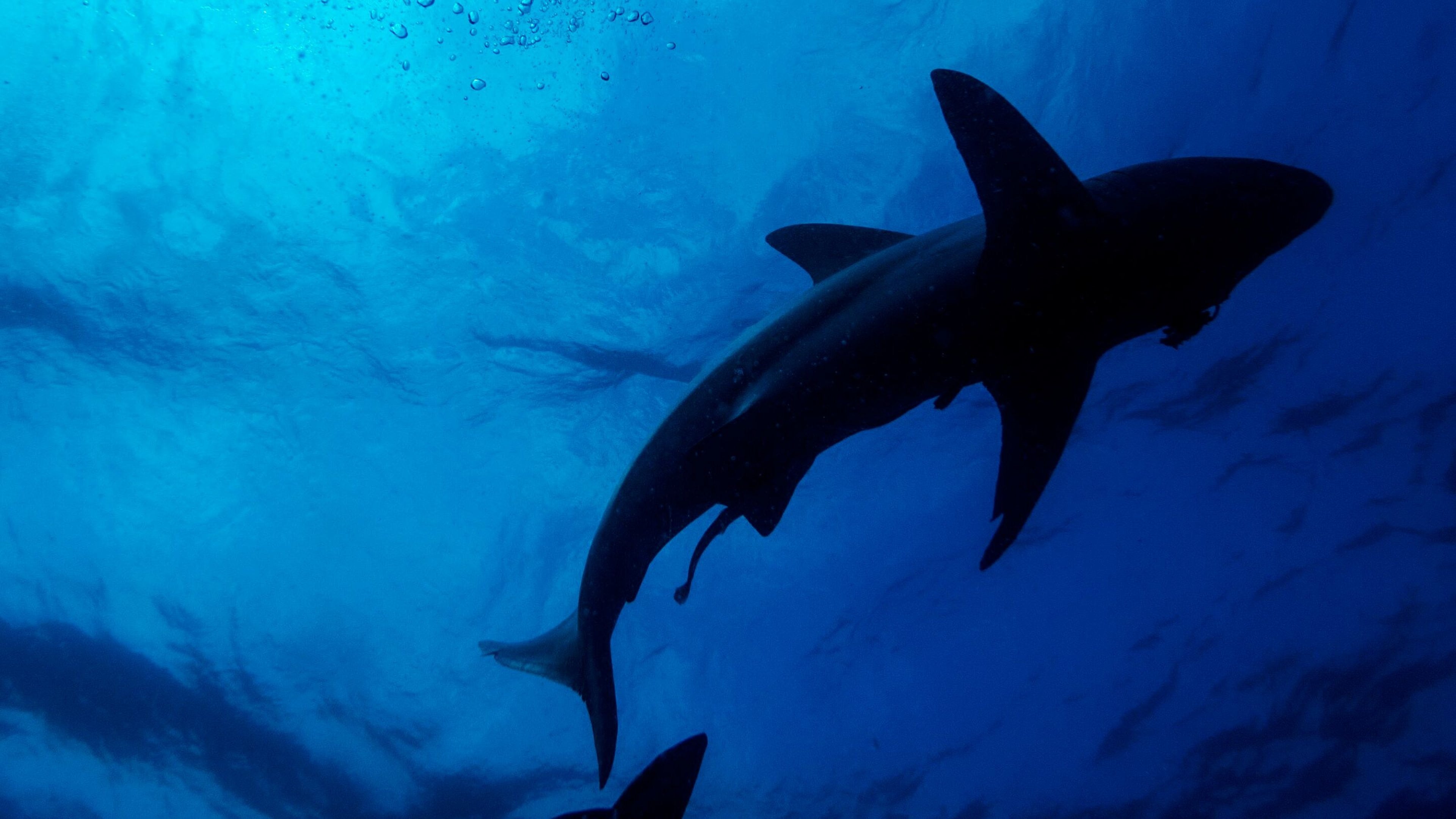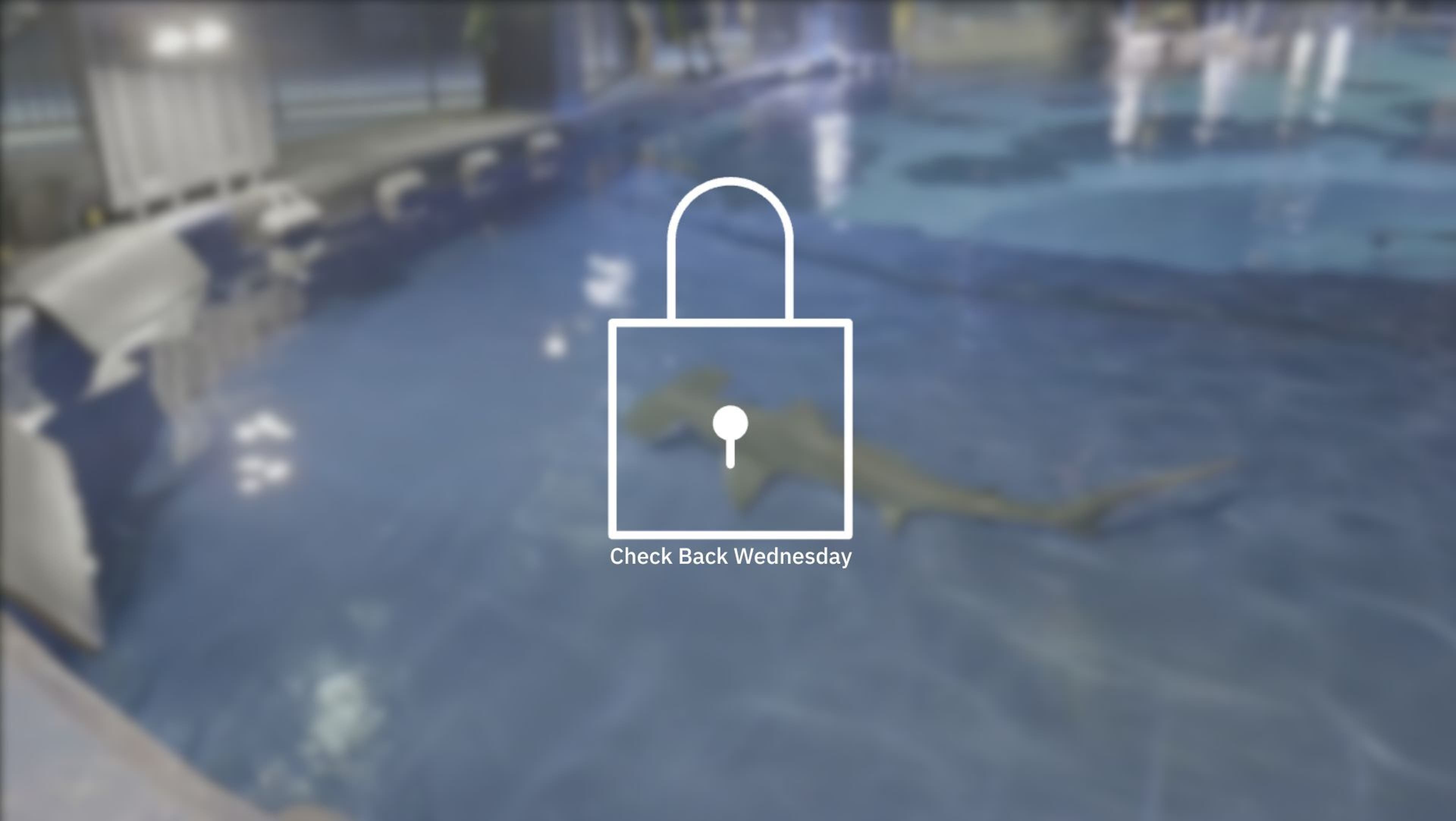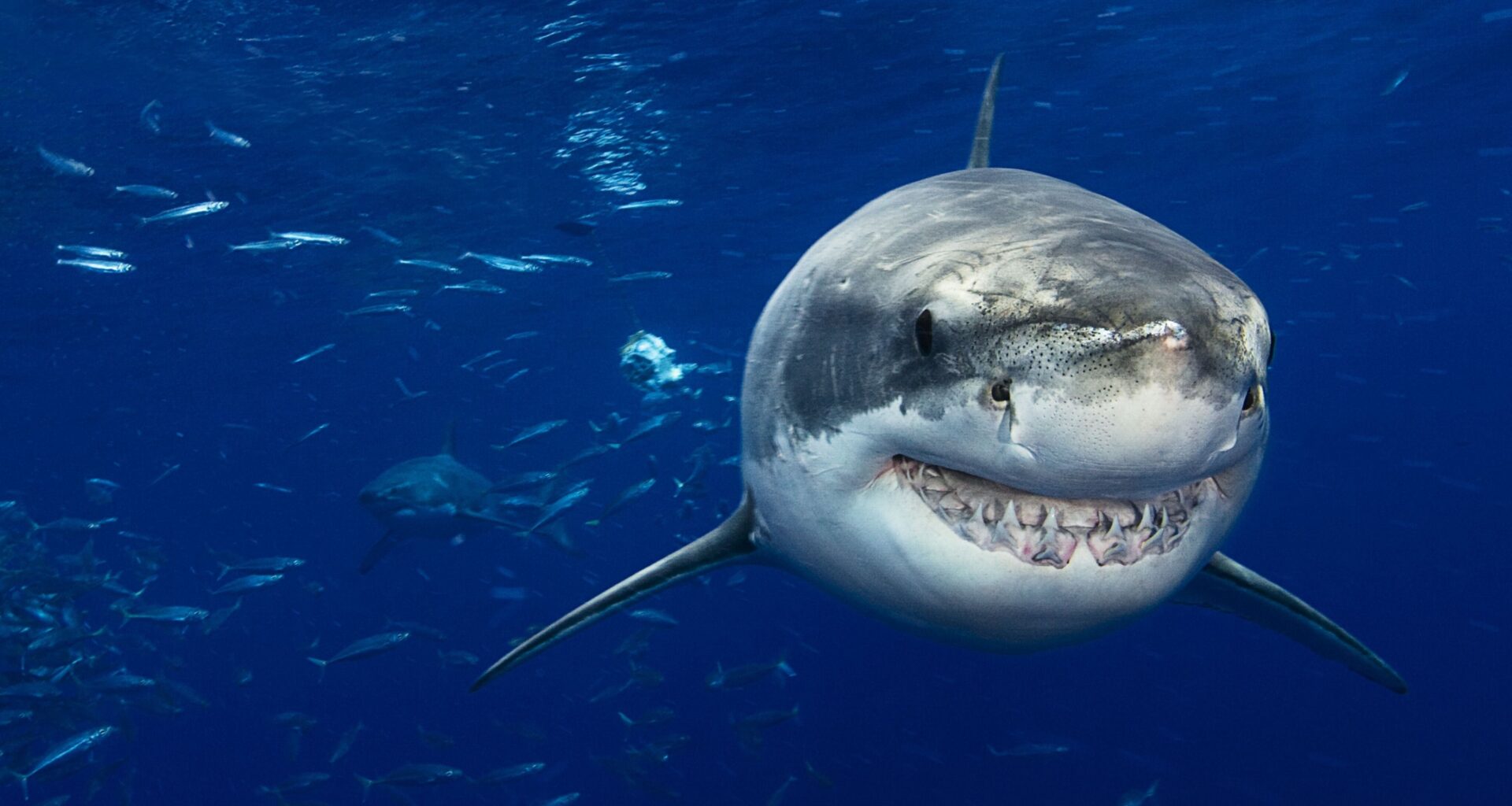
A black-tip shark is seen swimming during a baited shark dive in Umkomaas near Durban, South Africa, on Dec. 10, 2020.
(Michele Spatari/AFP via Getty Images)
The Discovery Channel is celebrating “Shark Week” this week, and that has us (and everyone else!) excited about sharks. But we’re especially interested in sharks and how they’re impacted by meteorology.
So, we’re celebrating sharks with a week of discovery and exploration into the ocean’s most feared predators, and maybe we’ll be able to convince you not to be so afraid of them along the way.
Here’s what you can expect this week:
Weather in your inbox
By signing up you agree to the Terms & Privacy Policy. Unsubscribe at any time.
Sharks — as meteorologists? Say it isn’t so! Sharks can in fact do a rudimentary form of forecasting, using a biological system that allows them to sense changes in pressure that often come before significant weather events like hurricanes. A Georgia Aquarium aquarist explains how this is possible.
Georgia is pretty far away from the tropics. Yet, somehow, the folks at Georgia Aquarium in Atlanta are able to match gallons of water to the genuine tropical ocean waters near the equator. And while it might not be ideal for us, those waters are perfect for the thousands of animals that live in them.
Coming Wednesday: Fin Fact: 4 Things Shark Specialists Wish You Knew
The easiest way to spark someone’s interest is to give them a little taste of some of the coolest information on a subject. So now, we’re trying to do just that with sharks! Aquarists from Georgia Aquarium (and one meteorologist) share their favorite fun facts – or fin facts, if you will – about these toothy predators.
Coming Thursday: Climate Change: Warming Oceans And Warning Signs For Sharks
DESCRIPTION UNLOCKS WEDNESDAY, JULY 23
Coming Friday: Join Us On A Journey From Fear To Fascination
DESCRIPTION UNLOCKS THURSDAY, JULY 24
Sara Tonks is a content meteorologist with weather.com and has a bachelor’s and a master’s degree from Georgia Tech in Earth and Atmospheric Sciences along with a master’s degree from Unity Environmental University in Marine Science.



